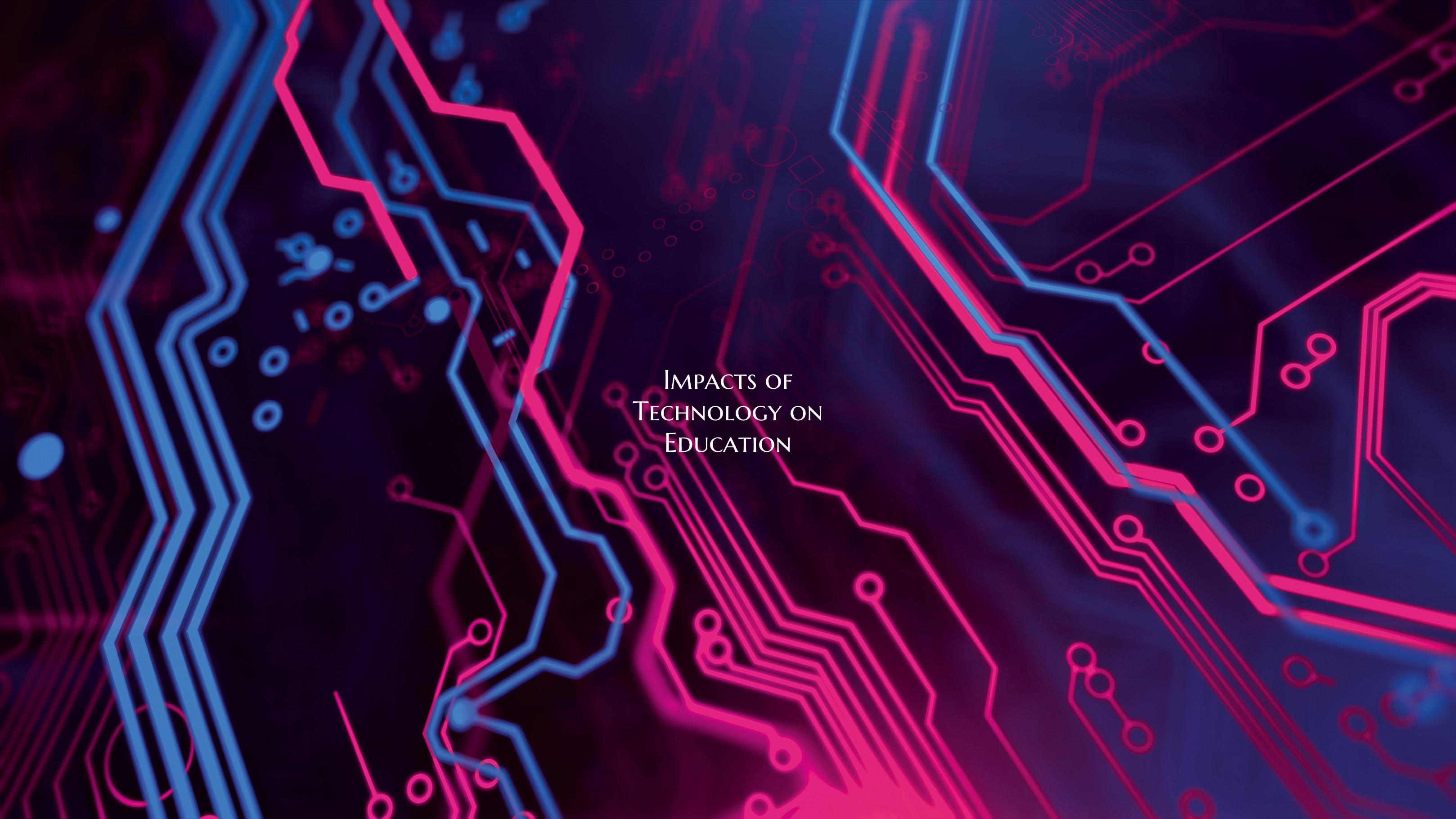Impacts of Technology on Education
In the modern age, technology has become an integral part of the educational landscape, revolutionizing the way students learn and teachers instruct. The impacts of technology on education are profound and far-reaching, transforming traditional classrooms into dynamic, interactive learning environments. This shift has brought about both challenges and opportunities, shaping the future of education in many ways.
One of the most significant impacts of technology on education is the accessibility of information. With the internet and digital tools, students now have access to a wealth of knowledge at their fingertips, allowing them to explore concepts beyond the confines of traditional textbooks. This democratization of information has empowered learners to take control of their own education, fostering a culture of independent, self-directed learning.
Technology has also transformed the way teachers deliver instruction. Interactive whiteboards, multimedia presentations, and online resources enable educators to engage students in new and exciting ways, making learning more interactive and engaging. Additionally, virtual classrooms and video conferencing platforms have made it possible for students to learn from anywhere in the world, breaking down geographical barriers and expanding educational opportunities.
Furthermore, technology has personalized the learning experience, allowing educators to tailor instruction to meet the individual needs of each student. Adaptive learning platforms use algorithms to analyze student performance data and provide customized learning pathways, ensuring that students receive the support and resources they need to succeed. This personalized approach has been shown to improve student outcomes and increase engagement in the learning process.
Despite these benefits, the integration of technology in education also presents challenges. Digital distractions, information overload, and concerns about data privacy and security are all issues that educators must navigate in the digital age. It is crucial for schools to establish policies and guidelines to ensure responsible use of technology and promote digital literacy among students.
In conclusion, the impacts of technology on education are vast and multifaceted, shaping the way students learn and teachers instruct. While technology has brought about many positive changes in education, it is important for educators to be mindful of the challenges and complexities that come with its integration. By embracing technology thoughtfully and strategically, educators can harness its potential to create more engaging, personalized, and effective learning experiences for students.

